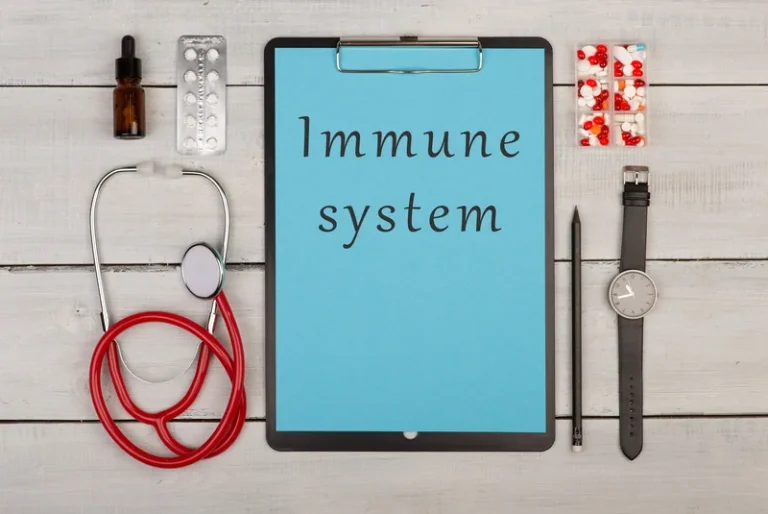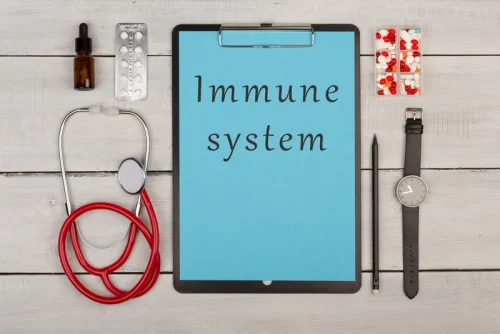
However, engagement with rehabilitation can be difficult due to decreased self-efficacy and poor compliance with treatment (Sachdeva et al, 2016). Rao and Draper (2018) identified that there are conflicting reports from public health organisations about whether alcohol consumption has an integral what is alcoholism role in the development of dementia. To prevent alcoholic dementia, adopting lifestyle changes and avoiding harmful alcohol drinking are the most important actions.

How to Prevent Alcoholic Dementia
The symptoms of alcoholic dementia are memory loss, challenge concentrating, impaired goal-setting, poor decision-making, lack of motivation, and hallucinations. These cognitive and behavioral disruptions differ in severity, progressively worsening as the dementia advances, posing massive hurdles to daily functioning. WKS is classified in the DSM-IV as ‘alcohol-induced persisting amnestic disorder’, and memory disturbance is the key diagnostic feature 41. Estimates of past drinking habits of individuals diagnosed with ARD have included up to 60 years of drinking (and up to 120 drinks a week at heaviest), although there is significant variability in length and severity of drinking 34.
What is the life expectancy for someone with alcohol-related dementia?
- It is likely that a person will need a brain scan to rule out other causes of their symptoms.
- Using validated assessment tools when planning and then reviewing care on an ongoing basis can identify any improvement, stabilisation or deterioration (Pelletier et al, 2016).
- Overall, the level of evidence and the methodological quality of the reviews were judged to be only moderate (for a systematic evaluation of the reviews, see 23, 28).
- The two main types of ARBD that can cause symptoms of dementia are alcohol-related ‘dementia’ and Wernicke–Korsakoff syndrome.
- Additionally adjusted for physical activity, smoking status, and fruit and vegetable consumption.
- Alcohol-related ‘dementia’ is a type of alcohol-related brain damage (ARBD).
313,958 White British current drinkers in the UK Biobank were followed for 13.2 years, during which 1.7% (5,394) developed dementia. Conventional analysis showed a J-shaped relationship, with the lowest dementia risk at 12.2 units of alcohol per week. The neuropsychology of WKS has been the subject of more extensive investigation.

Health Conditions

A doctor will ask a patient questions to determine whether their cognitive impairments result in disturbances to their daily functioning. However, a person will likely need to take thiamine supplements and stop or significantly cut back on alcohol consumption for the best results. When a medical professional suspects alcohol dementia, some experts recommend the is alcoholic dementia real use of prophylactic thiamine administration. Korsakoff syndrome causes confabulation, memory loss, and gait abnormalities.
Wernicke-Korkasoff syndrome is caused by a thiamine (Vitamin B1) deficiency, though heavy alcohol use can be an underlying cause of this deficiency. ARD is a type of cognitive impairment that occurs as a result of heavy alcohol consumption over a long period. But these effects can be slowed — and sometimes reversed — if you stop drinking.
A lot of the brain damage that is caused by alcohol happens because it prevents the body from getting enough thiamine (vitamin B1). If a person regularly drinks too much alcohol it can be toxic to their nerve cells. Over time, drinking too much alcohol can cause brain cells to die and a person’s brain tissue to shrink. This means there are fewer cells to carry the messages that the brain needs to do different tasks. If a person regularly drinks much more than the recommended limit of alcohol, it can damage their brain.
- Quality of life and life expectancy vary significantly from person to person.
- By Buddy TBuddy T is a writer and founding member of the Online Al-Anon Outreach Committee with decades of experience writing about alcoholism.
- This progressive neurological disorder affects cognitive functioning, memory, and overall brain health.Sustained alcohol consumption leads to alcohol-related brain damage, which results in cognitive impairments.
- There was also a significant reduction in the rate of dementia diagnoses during this time (Alzheimer’s Society, 2021).
- The life expectancy of individuals with alcoholic dementia is between 5-10 years, specifically, those with Wernicke-Korsakoff syndrome (WKS).

Alcohol-related ‘dementia’ or Wernicke-Korsakoff syndrome will cause them to struggle with day-to-day tasks. This is similar to someone living with dementia, such as Alzheimer’s disease. In this blog post, we explore various activities that senior citizen centers can offer to help prevent the symptoms of dementia and maintain brain function. If a loved one frequently forgets recent conversations, appointments, or everyday tasks, it may indicate alcohol-related cognitive impairment. Evidence-based therapies, such as Cognitive-Behavioral Therapy (CBT) and Dialectical Behavior Therapy (DBT), address the root causes of addiction while teaching individuals healthier coping mechanisms.

Patients typically demonstrate profound anterograde amnesia and impaired recall of past events, with a temporally graded deficit in which recall is better for more remote time periods 58. Other cognitive functions apart from memory may be disturbed, and impaired executive functions, visuoperceptual difficulties, and disturbed working memory have been observed 59. Difficulties are most frequently detected on tasks assessing higher-order organization, planning, and cognitive flexibility (for example, verbal fluency and divided attention) 60, 61. In a review of evidence for variability in WKS, Bowden 4 remarks that empirical evidence suggests that the chronic phase of WKS is more accurately described as ‘dementia-like deterioration’ rather than severe and selective amnesia.
